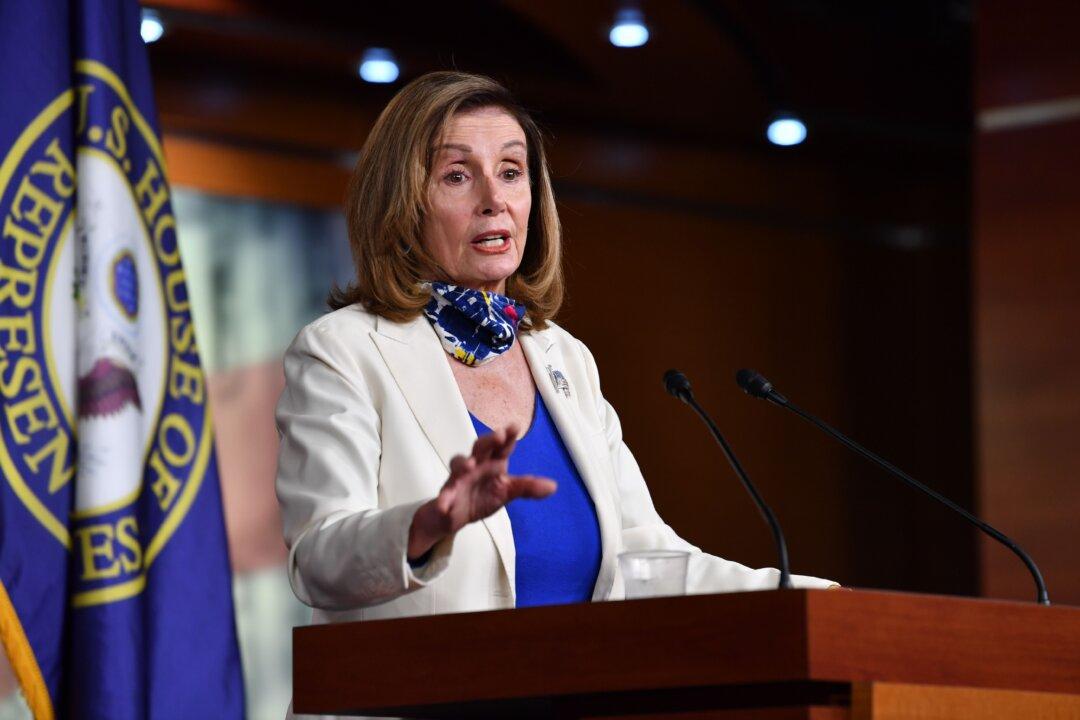House Speaker Nancy Pelosi (D-Calif) said that by the end of Tuesday, she hopes to decide whether to make a deal on what could be a trillion-dollar COVID-19 stimulus bill before the election as the Senate moves to vote on a second round of funding for the Paycheck Protection Program (PPP) to help small businesses keep employees on the payroll during the pandemic.
Pelosi and Treasury Secretary Steven Mnuchin spoke for almost an hour in a call on Monday afternoon where they “continued to narrow their differences,” Pelosi’s chief of staff Drew Hammill said Monday.




